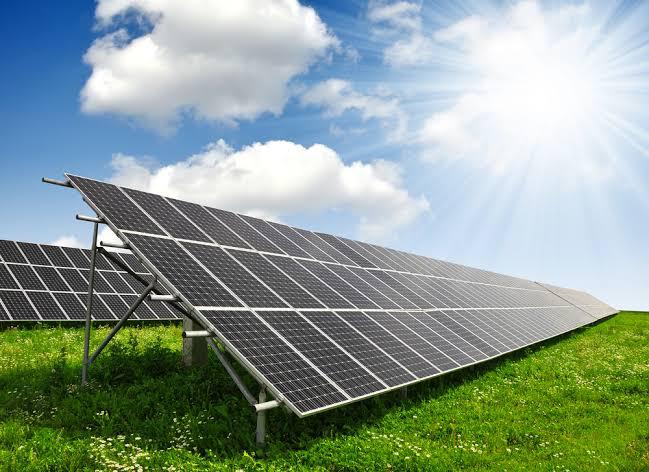Dubai International Chamber (DIC), a key component of Dubai Chambers, played a role in facilitating the successful expansion of AMEA Power, a growing renewable energy firm in the region, into Mozambique. This move signifies an extension of the Emirati company’s business footprint across the African continent.
Under the terms of a partnership agreement signed on the sidelines of COP28 and witnessed by Banco Nacional de Investimento, AMEA Power will work with Mozambique’s Hidropower to develop the 125 MWp Matambo solar photovoltaic power plant in a project valued at up to $150 million.
The Dubai International Chamber supported AMEA Power through its international representative office in Maputo, providing valuable insights and guidance on investment procedures, potential partnerships, and business requirements in Mozambique. The chamber arranged a series of bilateral meetings with key stakeholders and local institutions, which culminated in the completion of the deal and AMEA Power’s first project in the southeast African nation.
Mohammad Ali Rashed Lootah, President and CEO of Dubai Chambers, commented: “Dubai’s dynamic private sector is continuing to prove its competitiveness on the global stage by leveraging the emirate’s strategic advantages and favourable business environment, which is geared towards growth and expansion. AMEA Power’s successful entry into the Mozambique market underlines the impact of our efforts to stimulate the growth of local companies and conclude rewarding deals that positively reflect on the private sector in Dubai and further strengthen the emirate’s position as an ideal platform for global expansion.”
He added: “Africa is a highly important strategic market, and we remain committed to identifying new opportunities on the continent as well as priority markets worldwide that hold strong potential for businesses in Dubai.”
Dubai International Chamber currently operates seven representative offices across the African continent in Egypt, Ethiopia, Ghana, Kenya, Mozambique, Nigeria, and South Africa. The chamber’s drive to support the international expansion of the local business community is aligned with the objectives of the Dubai Global initiative, which seeks to establish a powerful network of 50 representative offices worldwide by 2030 and assist Dubai-based companies in exploring new business opportunities in 30 priority markets.
Hussain Al Nowais, Chairman of AMEA Power, commented: “AMEA Power is proud to play a role in Mozambique’s national energy generation mix, and we look forward to working closely with our local partners Hidropower and BNI, the regulator, utility, and government in unlocking the clean energy transition to enable green industrialization in the country. As a company, we remain committed to providing green and reliable energy solutions. The demand for renewable energy in Mozambique and the Southern African region as a whole is increasing; this solar photovoltaic project will not only help meet this demand but also significantly reduce carbon emissions.”
BNI Executive Board Member Edson Manguinhane commented: “By taking a prominent role in this initiative, the BNI is consolidating its position as a development bank by mobilising financing solutions and attracting foreign investment for projects. We reinforce our commitment to Mozambique’s socio-economic development. This agreement not only represents a strategic milestone but also underlines BNI’s crucial role in the energy transition and in stimulating the country’s sustainable development.”
BNI is a 100 percent state-owned development and investment bank that promotes socioeconomic and sustainable development to improve the living standards of Mozambique’s population through financing, advisory, and structured finance for public and private sector projects with relevant impacts on the country’s development.
The Matambo Solar Energy Project anticipates a yearly reduction of approximately 232,900 metric tonnes in Mozambique’s carbon dioxide emissions. Upon becoming operational, the initiative will play a vital role in satisfying the increasing electricity needs of Mozambique and the broader Southern African region, aligning with the government’s objective of expediting the country’s energy transition. The project aims to supply electricity to more than 150,000 homes and generate over 1,500 jobs during the construction phase, actively contributing to the growth of the local and national economies.

